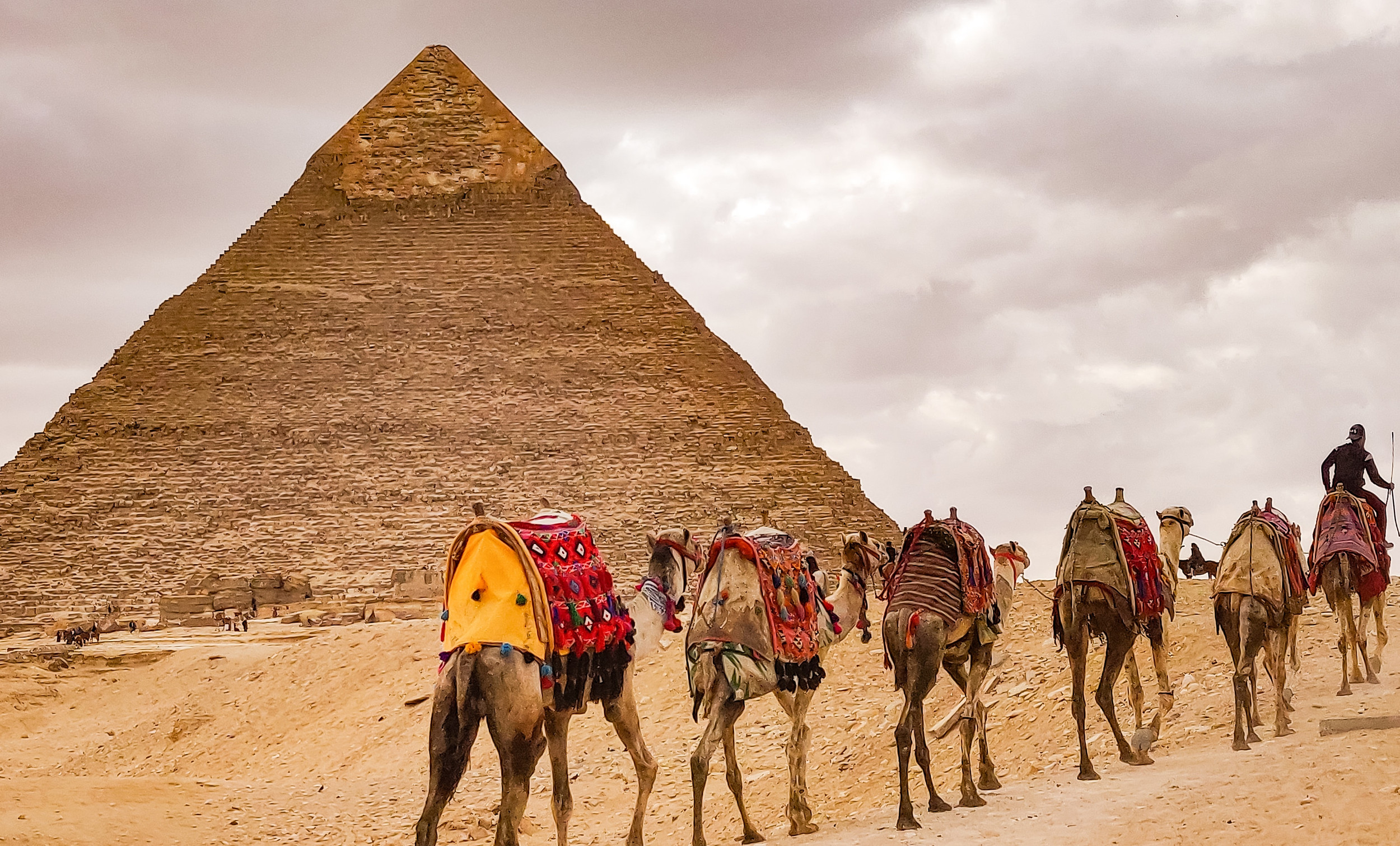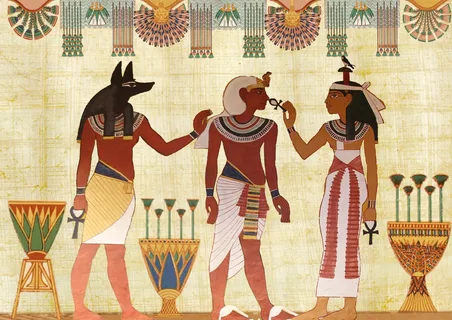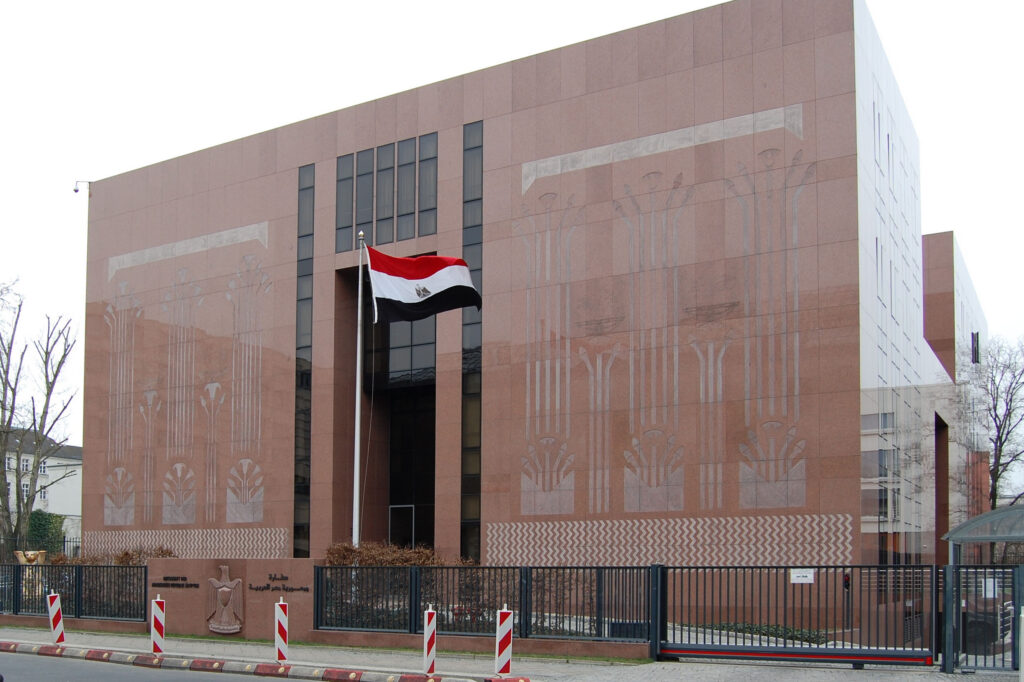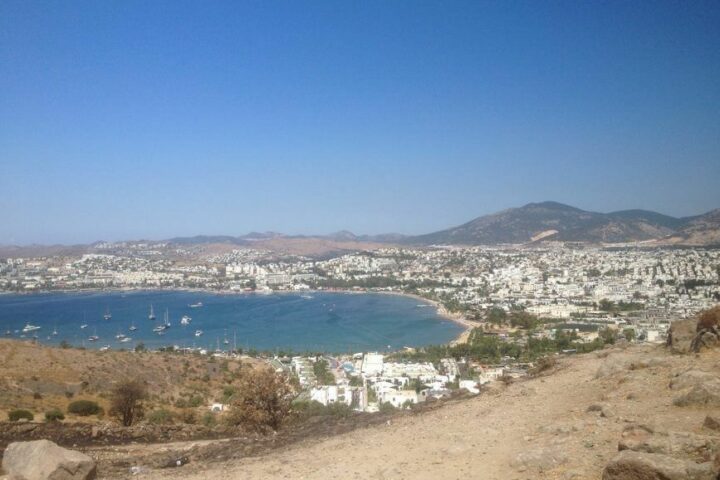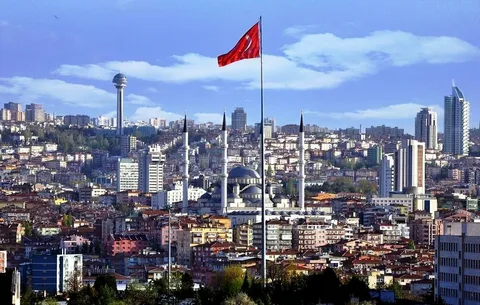Introduction
Egypt, a land of ancient wonders and modern delights, offers a plethora of holidays that celebrate its rich history, vibrant culture, and religious traditions. From national festivals to religious observances, each holiday provides a unique insight into Egypt’s diverse heritage and societal values. This guide explores the most prominent holidays in Egypt, shedding light on their significance, customs, and festivities.
Understanding Egypt’s Holiday Calendar
Egypt’s holiday calendar is a colorful tapestry woven with religious, cultural, and national celebrations, reflecting the country’s diverse heritage and traditions. From Islamic festivals to national commemorations, these holidays play a significant role in the lives of Egyptians, fostering a sense of community and shared identity.
Key Holidays and Festivals in Egypt
Eid al-Fitr
This joyous Islamic holiday marks the end of Ramadan, the month of fasting. Families come together to share festive meals, exchange gifts, and engage in charitable acts, while mosques host special prayers and sermons.
Coptic Christmas
Celebrated on January 7th, Coptic Christmas commemorates the birth of Jesus Christ according to the Coptic Orthodox Church. Egyptians attend church services, partake in traditional meals, and engage in festive activities.
Sham el-Nessim
An ancient Egyptian festival dating back to pharaonic times, Sham el-Nessim falls on the first Monday after the Coptic Christian Easter. Egyptians celebrate by picnicking outdoors, enjoying traditional foods like salted fish and colored eggs, and participating in festive events.
Revolution Day
Observed on July 23rd, Revolution Day commemorates the Egyptian Revolution of 1952, which led to the overthrow of the monarchy and the establishment of a republic. Egyptians celebrate with patriotic displays, cultural performances, and fireworks.
Fun and Interesting Facts About Egypt Holidays
Public Holidays
Egypt has numerous public holidays, including both Islamic and Christian observances, as well as national commemorations such as Revolution Day and Labor Day.
Cultural Significance
Holidays in Egypt are not only occasions for religious or national observance but also serve as opportunities for family gatherings, feasting, and cultural festivities.
Traditional Customs
Many Egyptian holidays are steeped in ancient traditions and customs that have been passed down through generations, providing a link to the country’s rich history and cultural heritage.
Frequently Asked Questions About Egypt Holidays
Are shops and businesses closed during public holidays in Egypt?
Yes, most shops and businesses are closed during major public holidays in Egypt, especially Islamic and Coptic holidays. However, tourist attractions and essential services may remain open.
Can tourists participate in Egyptian holiday celebrations?
Absolutely! Tourists are often welcome to join in holiday celebrations in Egypt, especially cultural events and festivals. It’s a great way to immerse oneself in the local culture and traditions.
Are there any special dishes associated with Egyptian holidays?
Yes, many Egyptian holidays have traditional dishes associated with them, such as fatta and kahk during Eid al-Fitr, and feseekh and colored eggs during Sham el-Nessim.
In conclusion
Egypt’s holidays offer a fascinating glimpse into the country’s rich cultural tapestry and historical legacy. Whether celebrating religious traditions or national commemorations, these holidays provide an opportunity for Egyptians to come together, honor their heritage, and create cherished memories with loved ones.
- Weather in Turkey by Month - July 19, 2024
- Turkey Major Imports - July 19, 2024
- Turkey Import Restrictions - July 18, 2024


